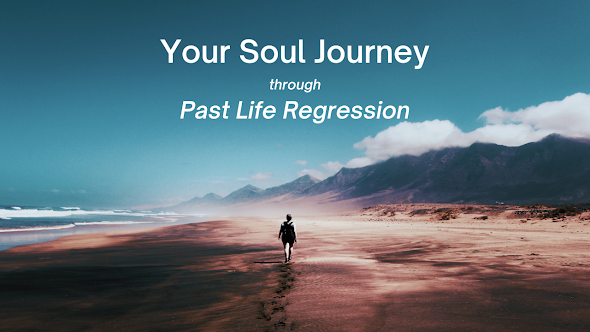Impact of Childhood trauma in adult life
The term 'Childhood trauma' refers to negative experiences that happen while a child is still developing, such as emotional, physical, or psychological abuse, abandonment, or encounters with violence or natural catastrophes. These traumatic events can have an adverse effect on children's physical, mental, and emotional health as well as their future relationships and development.
Childhood trauma's long-lasting impacts can include things like:
Emotional and behavioural issues: Traumatized children may struggle with feelings like anger, fear, and worry. They may also behave aggressively, impulsively, or harm themselves.
Mental health issues: Childhood trauma may increase the probability for an adult to experience issues with their mental health, including depression, PTSD, and addictions.
Physical health problems: Childhood trauma has also been linked to physical health problems, such as chronic pain, headaches, and cardiovascular disease.
Cognitive problems: Childhood trauma can also impact cognitive functioning, including memory, attention, and learning.
Relationship issues: Children who have suffered trauma may find it challenging to establish and sustain good relationships, as well as to communicate, be intimate with, and trust others.
Despite the significant effects of childhood trauma, recovery and healing are still possible. The actions listed below can be beneficial:
Ask for help: Seeking out support from friends, family, or a mental health practitioner is an essential first step in getting over trauma from childhood. By making a connection with someone who understands what you're going through, you can express your feelings and gain fresh insight into your experiences.
Self-care: it is a must if you want to recover from trauma from your childhood. This can involve practises like consuming healthy food, getting sufficient sleep, exercising and pursuing hobbies. To control your stress and anxiety, you can also try techniques like meditation, yoga, or breathing exercises, mindfulness and so on.
Go for a therapy: Therapy can be a powerful tool in healing from childhood trauma. Whether it's individual, group, or family therapy, working with a mental health professional can help you process your experiences, develop coping strategies, and gain a deeper understanding of the impact of childhood trauma on your life.
Connect with others: Connecting with others who have experienced similar trauma can be a supportive and healing experience. Joining a support group, participating in a therapy group, or connecting with a peer mentor can provide you with the opportunity to share your experiences and gain support and encouragement.
Practice self-compassion: Be gentle with yourself and practice self-compassion. Recognize that healing from childhood trauma is a journey, and that setbacks and difficulties are a normal part of the process.
So, on an ending note, childhood trauma can have a lasting impact on a child's physical, emotional, and psychological well-being, but it is possible to heal and overcome its effects. By seeking support, practicing self-care, seeking therapy, connecting with others, and practicing self-compassion, individuals can find hope and healing from childhood trauma.




Comments
Post a Comment